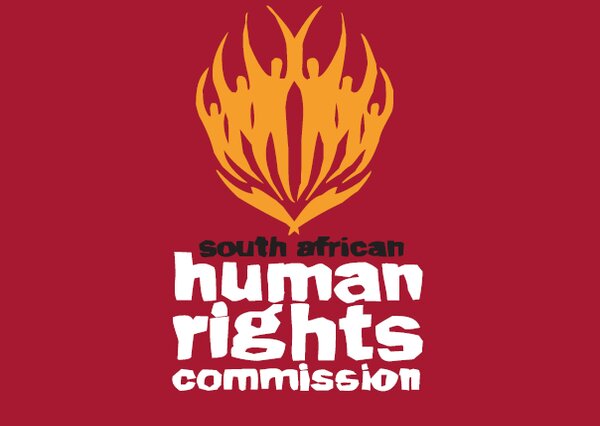Cape Town — The South African Human Rights Commission (SAHRC) has expressed concern and disappointment with the budget cuts to the education sector, which will result in many teachers being axed.
Earlier this month, the Western Cape Education Department (WCED) announced that 2 400 teaching posts would be slashed ahead of the 2025 academic year due to a R3.8 billion budget deficit. Last week, the Gauteng Department of Education (GDE) announced that up to 3 600 teachers face job losses due to a R4.5 billion budget cut.
In response to the teacher job cuts, the SAHRC said it was concerned about how it would affect the basic education sector. Wisani Baloyi, the SAHRC spokesperson, said the proposed job cuts would disproportionately affect schools in poorer communities, highlighting the poor educational outcomes, IOL reported.
“While the commission is concerned about the impact of the announced budget cuts on jobs and livelihoods, it is equally concerned about the impact of the announced budget cuts on addressing the challenge of poor school infrastructure, particularly in historically black and poor communities,” she said.
Baloyi added that the deficit comes at a time when the country is battling backlogs in school infrastructure and many provincial departments are unable to comply with the published norms and standards for school infrastructure, due to budget constraints.
She added that the cuts are a regressive step and the budget allocations should align to progressively realise socio-economic rights, with budget allocations passing all constitutional compliances.
The SA Human Rights Commission is concerned about budget cuts in the education sector. North West SAHRC manager Shirley Mlombo says cutting down on other essential school programmes is not the right way to save teachers’ jobs.
Watch: https://t.co/1m4liyQgci#Newzroom405 pic.twitter.com/NIjh2YfYPY
— Newzroom Afrika (@Newzroom405) September 18, 2024
The commission intends to engage with the Portfolio Committee on Education and will submit feedback on the proposed budget cuts.
“The commission will also engage with the Minister of Basic Education (Siviwe Gwarube) to explore solutions to ameliorate the impact of the announced budget cuts on the right to basic education, and engage the Minister of Finance (Enoch Godongwana) on the impact of its budgeting decisions on the fulfilment of socio-economic rights more broadly, including the right of access to basic education,” she said.
According to The Citizen, the South African Democratic Teachers Union (SADTU) did not welcome the decision by Gauteng MEC, Matome Chiloane, who suggested nutrition and transport programmes should be cut to make room for more teachers.
Its general secretary, Mugwena Maluleke said school nutrition and scholar transport are essential to the quality of learning in schools.
“You cannot touch school nutrition and you cannot touch scholar transport, because the constitution says you must provide the best education. This includes issues of school nutrition, transport and infrastructure. If you touch one of them you are denying children access to proper education,” Maluleke said.
He said the government should find other ways to reduce costs, such as spending less money on politicians. He added that cutting school nutrition programmes would also lead to problems with the quality of food that pupils receive.
“This will create polarisation among the learners and a difference between those that have and those that don’t,” he said.
Picture: X/@SAHRCommission
For more African news, visit Africaninsider.com
Compiled by Matthew Petersen


